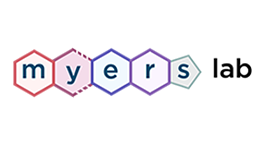
Andrew G Myers Research Group at the Harvard University Department of Chemistry and Chemical Biology, Cambridge, MA, USA
https://myers.faculty.chemistry.harvard.edu/
Researchers from the Andrew G Myers Research Group at the Harvard University Department of Chemistry and Chemical Biology are making significant enhancements to the lincosamide class of antibiotics. The resultant new oral therapeutic aims to directly target bacteria that cause serious lower respiratory tract and skin and soft tissue infections.
Lower respiratory tract infections are among the world’s most deadly communicable diseases. They are estimated to have killed 2.6 million people globally in 2019. Skin and soft tissue infections (SSTIs) are the most common healthcare-associated infection. SSIs are the most common healthcare-associated infection. Every year, they affect more than 500,000 patients and lead to an estimated 8,000 deaths.
The enhanced lincosamides are fully synthetic molecules that bind to bacterial ribosomes, the cell structure responsible for manufacturing essential proteins and the target of many clinically successful antibiotics. When the ribosome is blocked, bacterial cell growth is inhibited. One of the key enhancements is that the new molecules overcome mechanisms that bacteria have developed to block first-generation lincosamides, like clindamycin, from binding to ribosomes, which has made them ineffective. The Myers Research Group at Harvard’s Department of Chemistry and Chemical Biology aims to use the enhanced lincosamides as new frontline treatments for serious infections with high instances of antibiotic resistance.
Current Development Stage: Lead Optimization
CARB-X Investment: US$1.2 million
Initial CARB-X Investment Date: September 1, 2023


